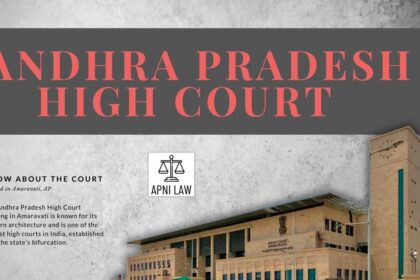Code:
(1) Proceedings under section 144 may be taken against any person in any
district—
(a) where he is; or
(b) where he or his wife resides; or
(c) where he last resided with his wife, or as the case may be, with the mother of
the illegitimate child; or
(d) where his father or mother resides.
(2) All evidence in such proceedings shall be taken in the presence of the person
against whom an order for payment of maintenance is proposed to be made, or, when his
personal attendance is dispensed with, in the presence of his advocate, and shall be recorded
in the manner prescribed for summons-cases:
Provided that if the Magistrate is satisfied that the person against whom an order for
payment of maintenance is proposed to be made is wilfully avoiding service, or wilfully
neglecting to attend the Court, the Magistrate may proceed to hear and determine the
case ex parte and any order so made may be set aside for good cause shown on an
application made within three months from the date thereof subject to such terms including
terms as to payment of costs to the opposite party as the Magistrate may think just and
proper.
(3) The Court in dealing with applications under section 144 shall have power to make
such order as to costs as may be just.
Explanation:
This section specifies the geographic jurisdiction for initiating proceedings under Section 144, which pertains to maintenance orders. It also details the procedural requirements for evidence gathering and decision-making.
- Jurisdiction: Proceedings under Section 144 can be initiated in any district where:
- The person against whom the order is sought resides.
- Their wife resides.
- They last resided with their wife.
- They last resided with the mother of their illegitimate child (if applicable).
- Evidence Collection: All evidence must be presented in the presence of the person against whom the order is sought, or their legal representative. This evidence must be recorded in a manner prescribed for summons-cases.
- Ex-Parte Proceedings: If the court finds that the person is deliberately avoiding service or refusing to appear, it can proceed with the case ex-parte. However, any order made in such a case can be overturned within three months if the person can demonstrate a valid reason for their absence.
- Cost Orders: The court has the power to order payment of costs in applications under Section 144, as it deems just.
Illustration:
A woman residing in Delhi seeks maintenance from her husband who lives in Mumbai. The proceedings can be initiated in either Delhi or Mumbai. This is beacuse the husband resides in Mumbai and the wife resides in Delhi. The court will ensure that all evidence is presented in the presence of the husband or his legal representative.
Common Questions and Answers:
- Q: Can maintenance proceedings be initiated in a district where neither the husband nor the wife resides?
A: No, the proceedings can only be initiated in a district where either the husband or the wife resides. It can also where they last resided together.
- Q: Can the court proceed with the case ex-parte if the husband is unavailable due to a genuine reason?
A: No, the court can only proceed ex-parte if it is satisfied that the husband is deliberately avoiding service. Refusing to appear may result in same results.
- Q: What are the consequences of an ex-parte order?
A: The order can be set aside within three months. This is if the husband can demonstrate a valid reason for their absence.








